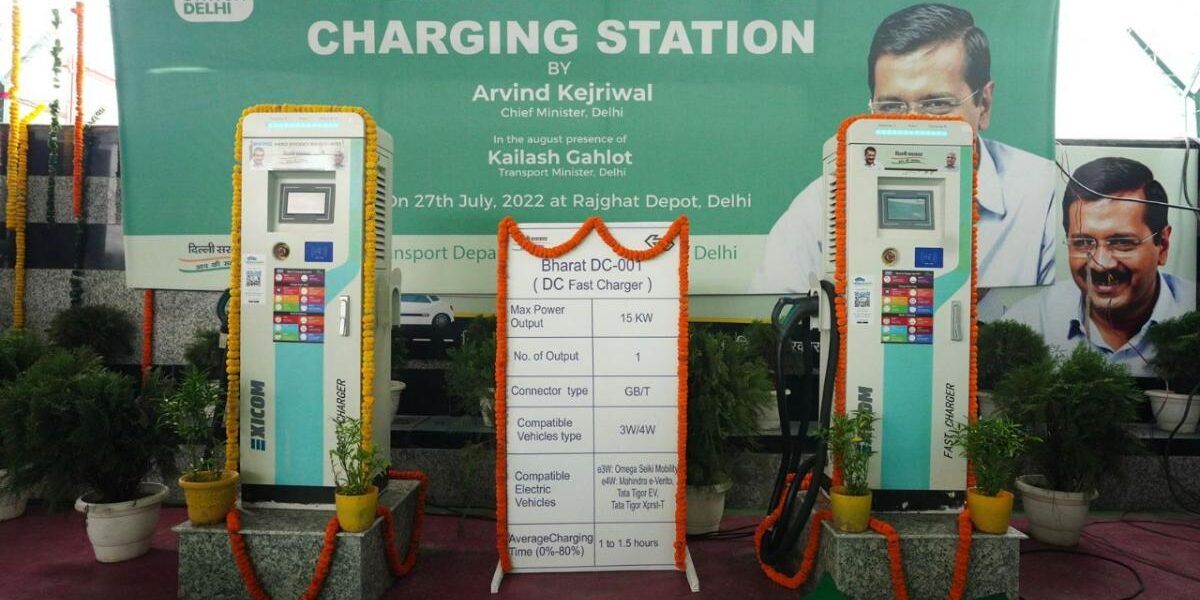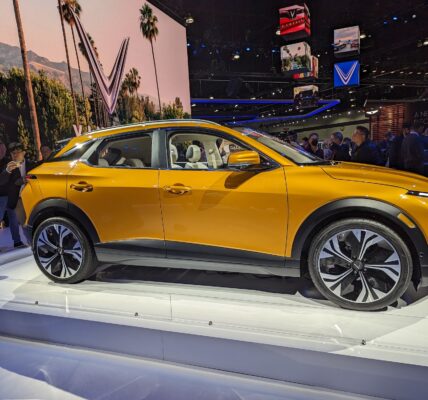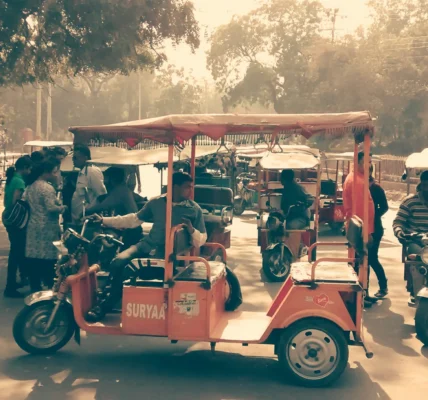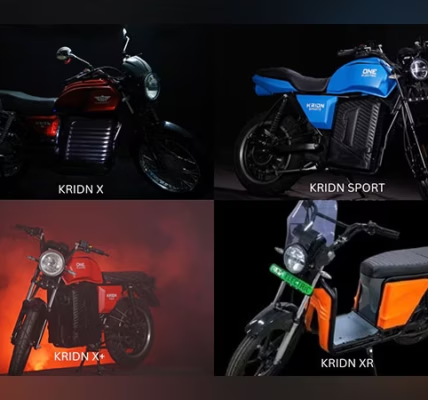Delhi CM Arvind Kejriwal inaugurated 42 new electric vehicle charging stations, bringing the total in the city to 2,500. The new stations include 140 charging points and 48 battery swapping centres. Kejriwal said that since the introduction of the electric vehicle policy in August 2020, 1.28 lakh EVs have been bought in Delhi, and 13% of all new vehicles bought in the city are EVs, compared to the national average of 6%. The new charging stations were set up by Delhi Transco Ltd through a public-private partnership model. The charging stations are among the cheapest in the world, costing around INR3 per unit.
Chief minister Arvind Kejriwal on Tuesday inaugurated 42 electric vehicle charging stations located across the city amid a gradual rise in the use of e-vehicles. With the launch of the new stations, Delhi now has charging stations at 2,500 spots, officials said.
The new stations have 140 charging points and 48 battery swapping centres, which means that the Capital has now 4,646 charging points and 250 battery swapping stations.
The 42 charging stations have been set up by Delhi Transco Ltd, state transmission utility, through a Public Private Partnership model, officials said.
Kejriwal said that besides curbing air pollution, the Electric Vehicle (EV) policy was formulated by the state government, as the future belongs to the electric vehicles. Since August 20, at least 1.28 lakh EVs have been bought in Delhi, the CM said.
“In August 2020, we first introduced the EV Policy. At that time, our target was that by 2025, at least 25% of all the new vehicles that are bought in Delhi should be EVs. This was our five-year target, and I am very happy to say that as of now, 13% percent of all the new vehicles that are bought in Delhi are EVs. The national average at the moment is 6%. In pure numbers, from August 2020 until now, 1.28 lakh EV have been purchased in Delhi. It is because of the progress in this direction made by the state government and the citizens of Delhi that the national capital is now also referred to as the ‘EV Capital of India’. The maximum number of EVs in the country are being bought in Delhi,” Kejriwal said.
Kejriwal said that the NITI Aayog has also appreciated Delhi’s EV Policy, which is focused on charging infrastructure and provision of subsidies for EV adoption, among others.
The EV policy was launched as one of the interventions to bring about significant improvement in the air quality of the city where vehicular emissions contribute to around 30% of air pollution, Delhi government said WHEN??.
Delhi currently witnesses around 12% electric vehicle monthly sales, according to WHOM??.
Power minister Atishi said the government’s EV push was part of Delhi government’s efforts to fight air pollution. “While 7-8% of all vehicles purchased in the country are electric; in Delhi, it is around 12-14%, almost twice the national average,” said Atishi. She highlighted that the new charging stations are the cheapest in the world at a rate of nearly ₹3 per unit.
“At this cost of charging, it takes e-2W (electric two-wheeler) just 7 paise per km while it is ₹1.75 for a petrol scooter, e-3W just 9 paise per km while it is ₹2.62 for CNG 3-wheeler, e-4 W is just 36 paise per km while it is roughly ₹7 for a petrol 4-wheeler,” the government said in a statement.







